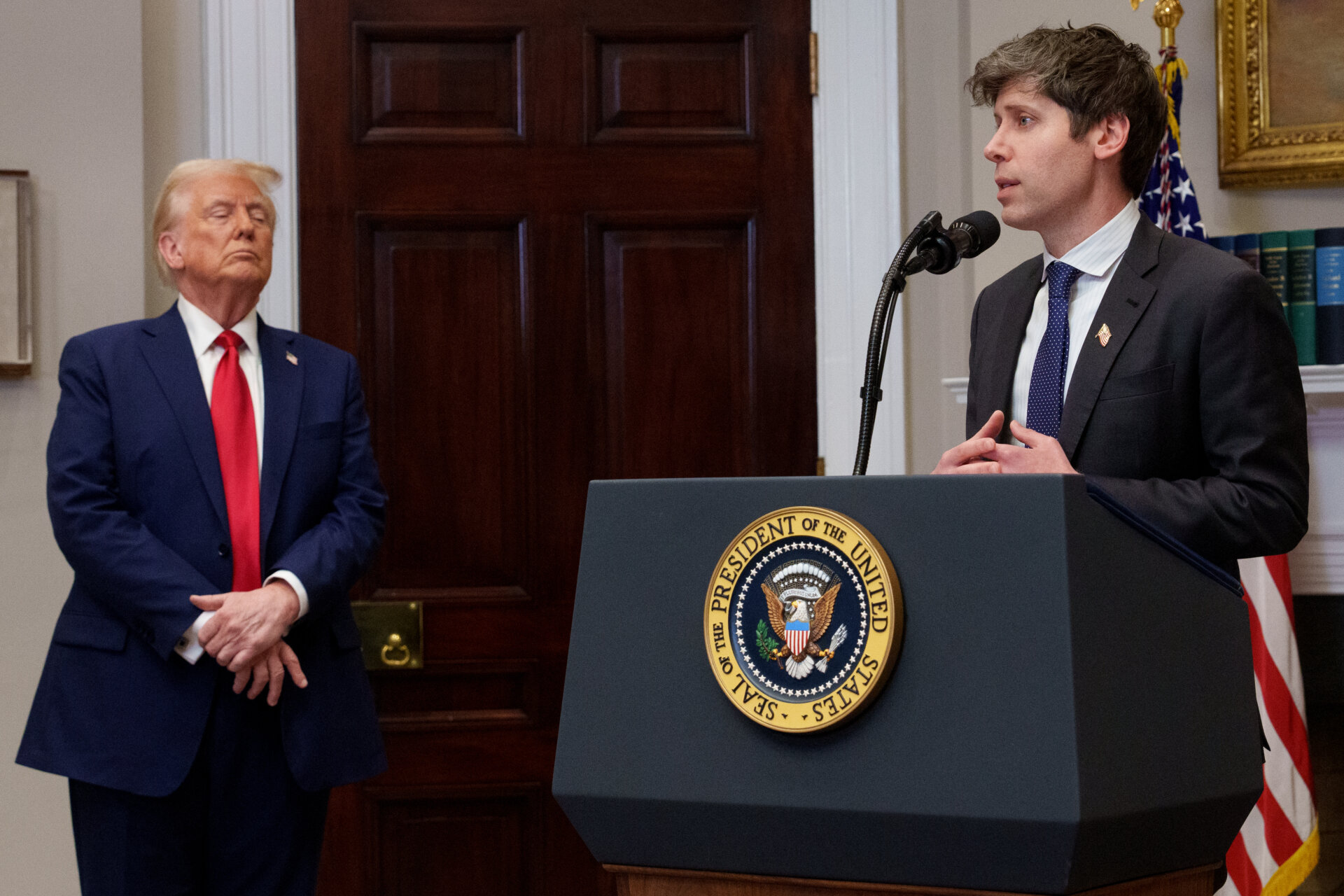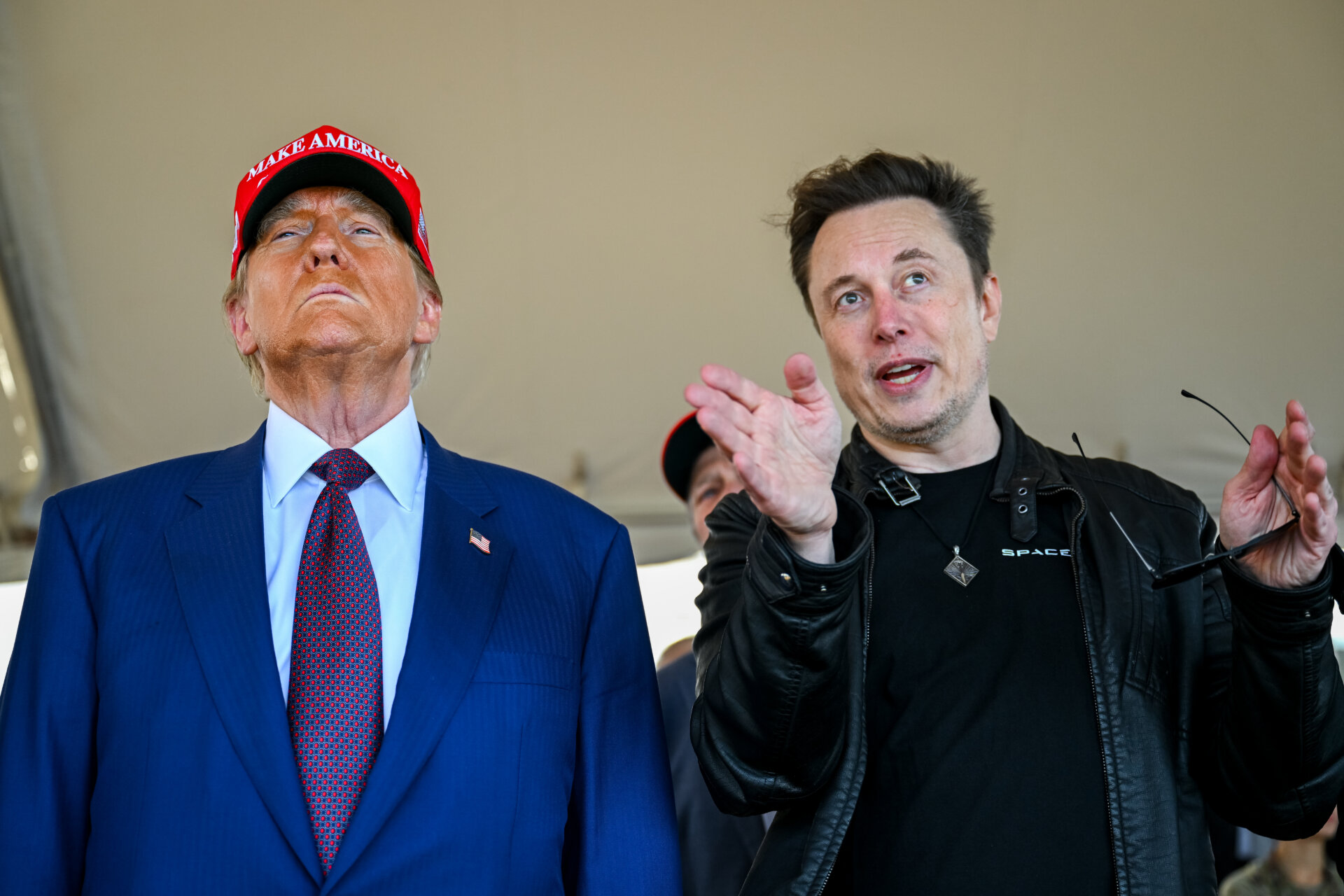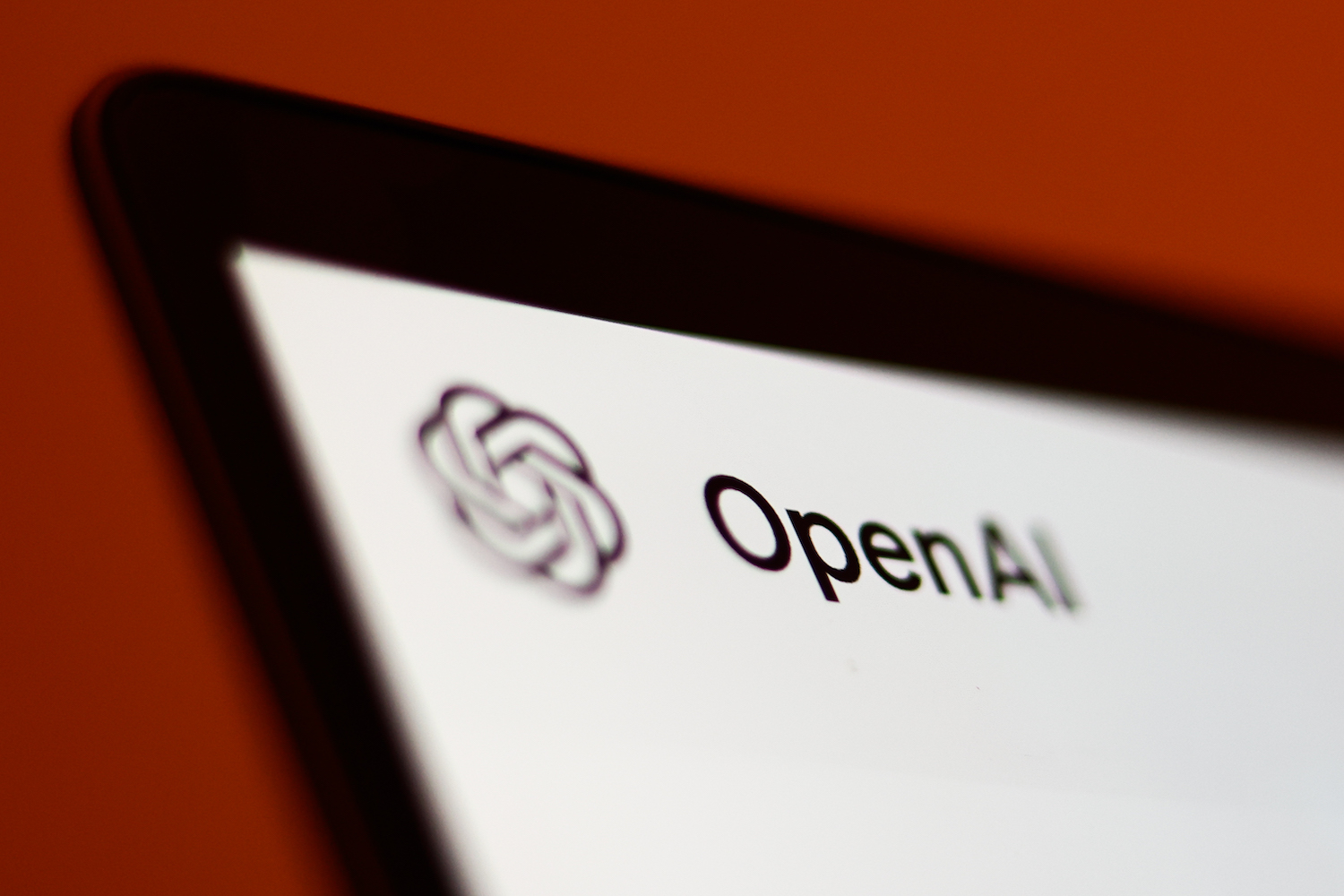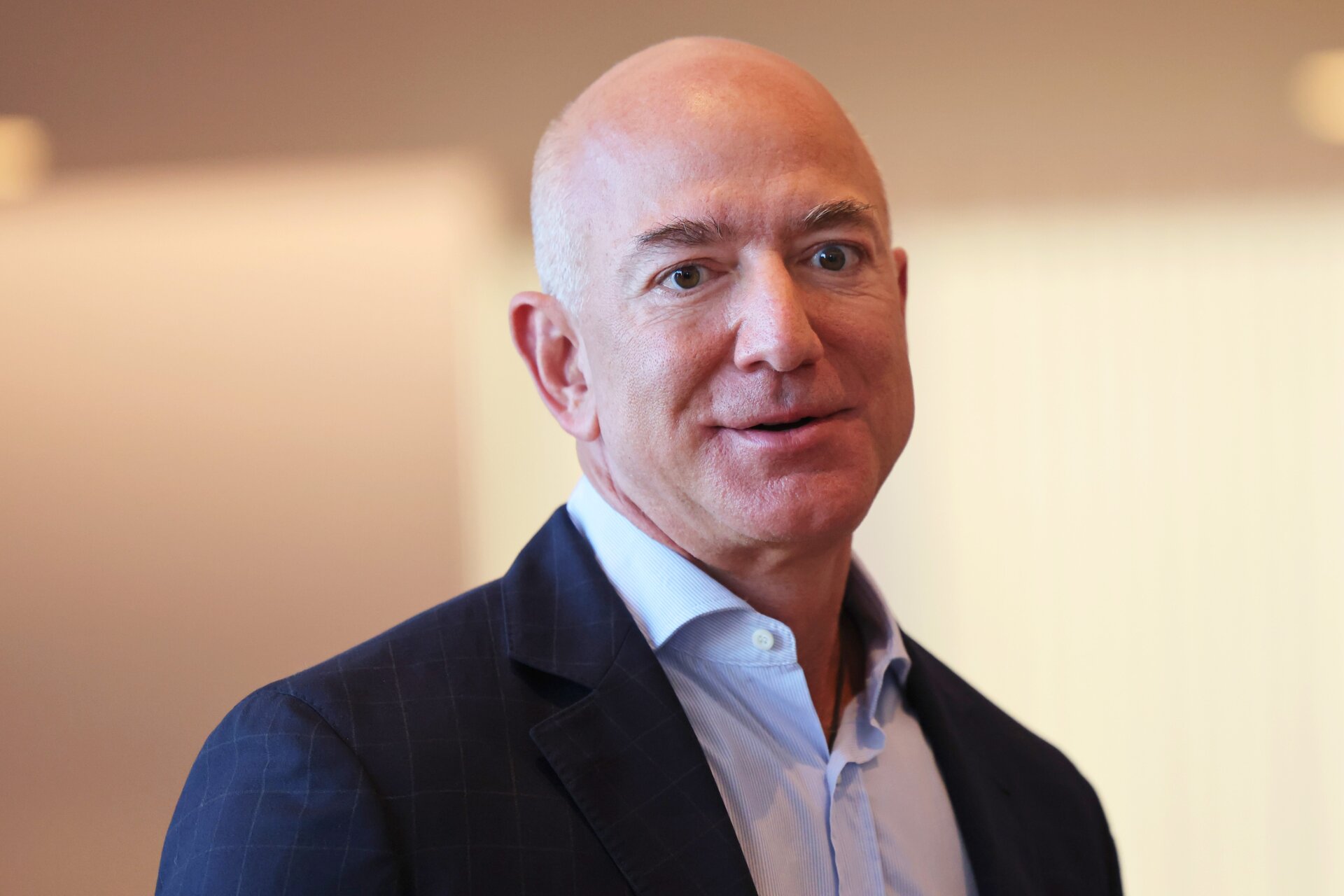Shutterstock’s leaning all the way into AI generated stock photos and wants to throw a bone to the measly meat bags that made it possible.
In the coming months, the stock image giant says it will expand its relationship with OpenAI to provide its users “direct access” to the wildly popular DALLE-2 text to image AI model. In effect, that means the two companies will work together to sell AI generated art trained, in part, from human produced Shutterstock stock images. Go ahead and insert your Ouroboros meme here.
For consumers, Shutterstock believes this emphatic embrace of AI generated stock images will open up new, creative opportunities and improve their clients’ workflow. At the same time, one of the site’s primary competitors has already bashed the idea and warned selling AI generated images is premature, and possibly even illegal.
As part of its new agreement, Shutterstock will also ban AI generated art not produced through OpenAI’s platform. That’s potentially sour news for Stable Diffusion, Deep AI, Dream Studio, NightCafe, and a number of other competing AI art generators out there.
Paying out the humans
Shutterstock’s taking a stab at addressing a lingering issue clouding the entire AI art market: how to compensate human artists whose work helped power DALL-E?
The company’s answer, according to a press release, is to launch a first of its kind “Contributor Fund” to compensate contributors whose Shutterstock images were used to help develop the tech. If successful, Shutterstock’s model could set the standard for human artist compensation in an AI art space that, until now, has largely been a Wild West of legal and financial ambiguity. In addition to the fund, Shutterstock said it aims to compensate contributors with royalties when DALL-E uses their work in its AI art.
“The mediums to express creativity are constantly evolving and expanding,” Shutterstock CEO Paul Hennessy said in a statement. “We recognize that it is our great responsibility to embrace this evolution and to ensure that the generative technology that drives innovation is grounded in ethical practices.”
In the nearly two years since its January, 2021 launch, DALL-E has pushed forward to become arguably the largest, most well regarded tool in the AI art space. Since last year, as part of its partnership with OpenAI Shutterstock, its sold images and metadata to OpenAI to help beef up and train DALL-E. Sam Altman, OpenAI’s CEO, credited much of that success to the company’s agreements with Shutterstock.
“The data we licensed from Shutterstock was critical to the training of DALL-E,” Altman said in a statement. “We’re excited for Shutterstock to offer DALL-E images to its customers as one of the first deployments through our API, and we look forward to future collaborations as artificial intelligence becomes an integral part of artists’ creative workflows.”
The deepened integration follows months of worried whispers online over whether or not AI art generators would lead to the death of stock image sites. In response, Shutterstock seems to be taking the, “if you can’t beat them, join them” approach.
Still, not everyone is as bullish on the idea of selling AI generated stock images. In an interview with The Verge this week, Getty Images CEO Craig Peters criticized its competitor for “racing” to commercialize the tools and warned the implications of such a tidal shift were not fully thought out. It’s worth noting Getty Images banned the upload and sale of AI generated art on its platform last month.
“There’s a lot of questions out there right now—about who owns the copyright to that material, about the rights that were leveraged to create that material—and we don’t want to put our customers into that legal risk,” Peters said in an interview with The Verge.
Aside from the ethical questions surrounding how to properly compensate individuals who continue to create AI art, there are a slew of potentially ever-tricker copyright issues inherent to the technology that are still being worked out. Peters’ approach for Getty Images, at least for now, is to wait things out.
“I think we’re watching some organizations and individuals and companies being reckless,” Peters added, all but naming Shutterstock in the process. “I think the fact that these questions are not being addressed is the issue here. In some case, they’re just being thrown to the wayside. I think that’s dangerous. I don’t think it’s responsible. I think it could be illegal.”
Shutterstock did not immediately respond to Gizmodo’s request for comment.













